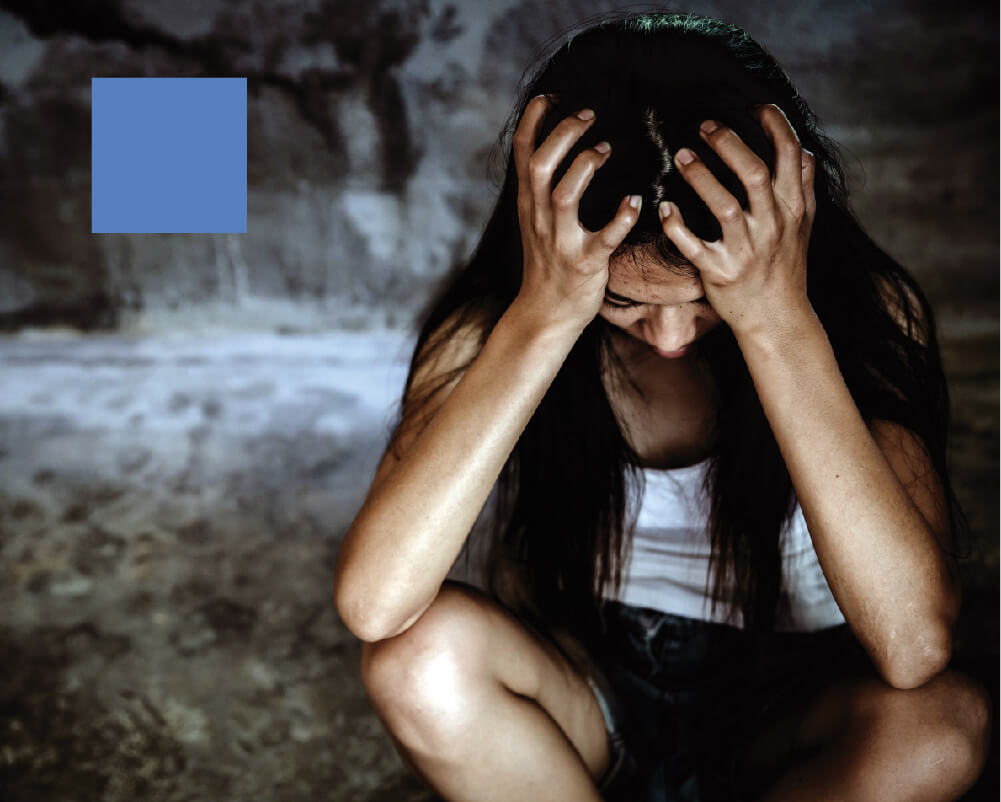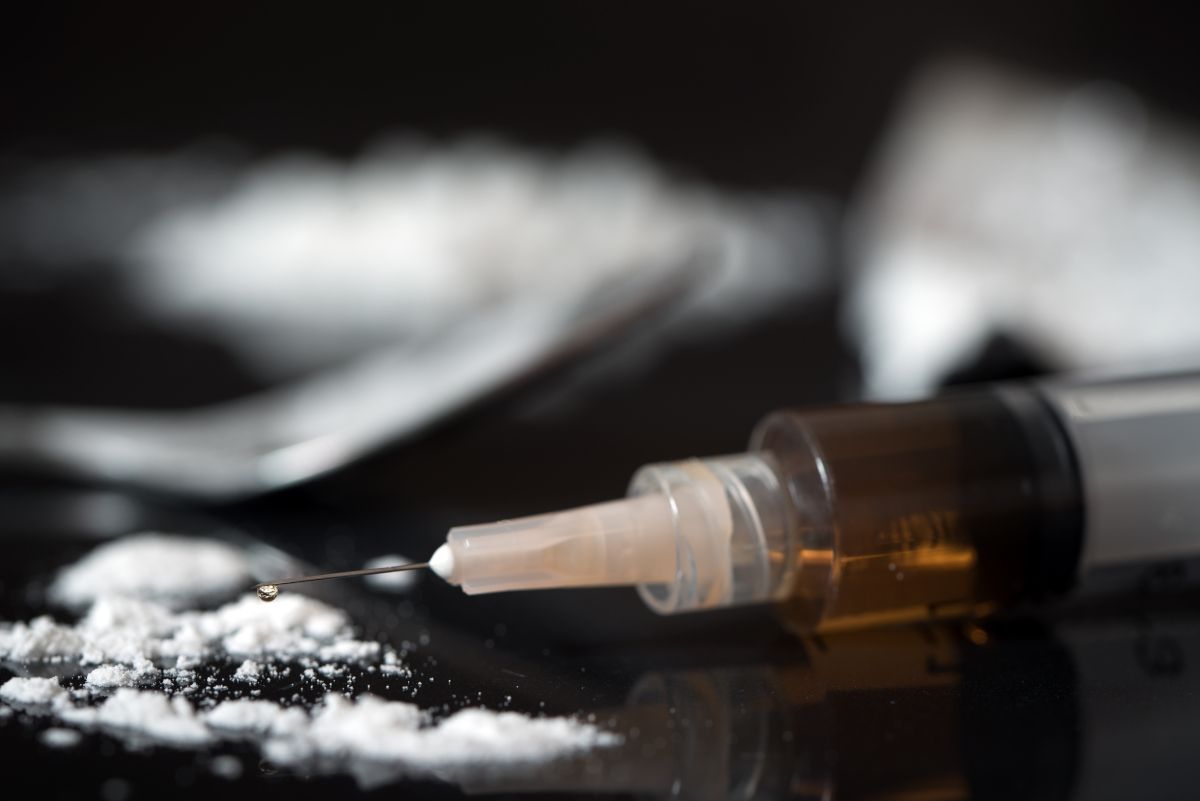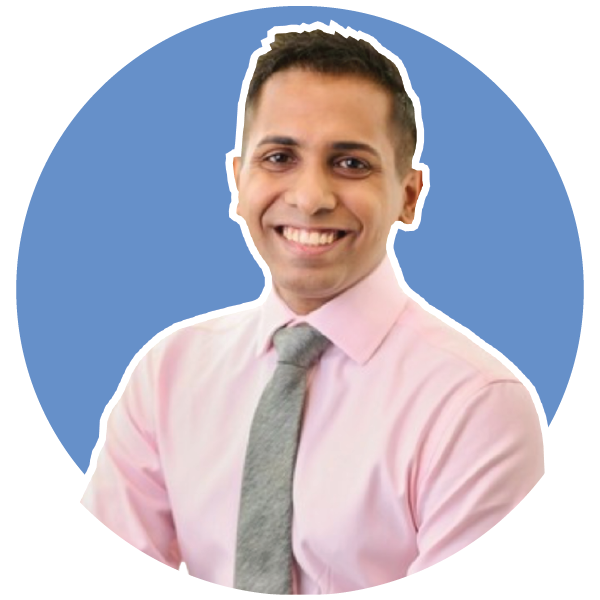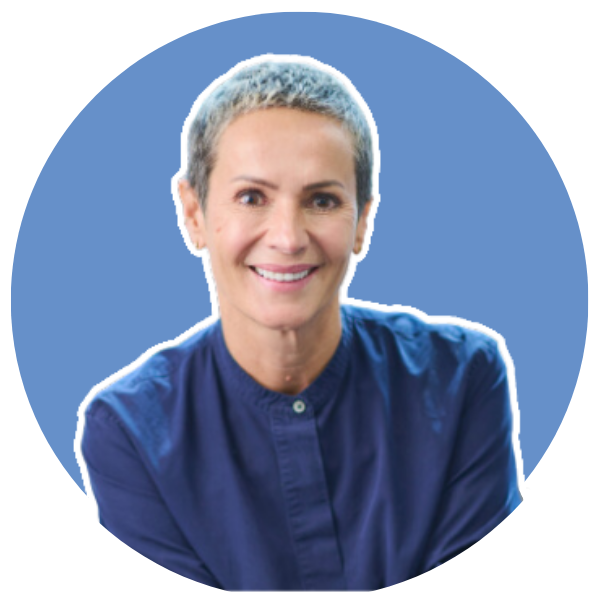Drug Addiction?
What Is Drug Addiction?
Also commonly referred to as a Drug Addiction, substance use disorders are typically evidenced when there is a significant impact on health (be it physically or mentally), work, school, family or relationships.
Substances can include but are not limited to:
- Opioids such as heroin, oxycodone, fentanyl and codeine
- Marijuana, including synthetic cannabinoids such as spice
- Stimulants such as amphetamine, methamphetamine and MDMA (ecstasy)
- Sedatives such as painkillers and sleeping pills, including ketamine
- Inhalants such as nitrous oxide or butane
- Hallucinogens such as Lysergic acid diethylamide (LSD)
Substance use disorder is constantly evolving, with users finding new ways to circumvent local laws, and new ways to get ‘high’. Therefore, it is important to consider all mood- and mind-altering chemicals as substances that can potentially lead to a drug addiction.


How do Drug Addictions Impact us?
Reward-seeking behaviour and coping with one’s emotional state through the use of substances can become pathological in nature.
An individual may end up with the inability to consistently abstain, as well as the inability to recognise the problems that accrue as a result of the usage. There would also be an impairment in behavioural control, experiencing cravings and the urge to continue substance abuse. As the disorder progresses, the individual will enter a stage of denial. This means that he/she will start rationalising and trying to justify his/her use to themselves and others. There would often be cycles of relapse and remission as well.
People with substance use disorder use substances to the point of compulsivity and often continue despite harmful consequences.
What Causes Drug Addiction?
As with other forms of addiction, it involves complex interactions among genetics, our biological neural network, the environment, and one’s life experiences. This may also include a history of developmental trauma.
Genetics
Genetics plays a significant role in drug addiction susceptibility. Certain genetic factors can make individuals more prone to developing an addiction. Studies have identified specific gene variants associated with increased risk for addiction. These genetic predispositions can affect how the brain responds to drugs and processes rewards, influencing the likelihood of addiction development.
Biological Neural Network
Drug addiction involves complex interactions within the brain’s neural networks. When drugs are abused, they disrupt normal brain chemistry, leading to changes in the brain’s reward system and decision-making processes. Over time, these alterations can create a compulsive drive to seek and use drugs, perpetuating the addiction cycle.
Environment
Environmental factors can significantly contribute to drug addiction. Exposure to drugs, especially at a young age, and peer influence can increase the likelihood of experimentation and subsequent addiction. Socioeconomic status, family dynamics, and the availability of drugs in the community are environmental factors that can influence the risk of addiction.
Life Experience
Life experiences, such as trauma, stress, and adverse childhood events, can contribute to drug addiction vulnerability. Individuals may turn to drugs as a coping mechanism to deal with emotional pain or difficult life circumstances. Substance abuse may temporarily alleviate distress, leading to the development of addictive behaviours as a maladaptive coping strategy.
Signs and Symptoms of a Drug Addiction
- Impaired control – taking larger amounts for longer than anticipated.
- Becoming increasingly obsessed with when you are next going to use your substance of choice.
- Unsuccessful attempts to cut down or limit usage.
- More time spent on usage.
- Social impairment – not fulfilling obligations at school, work or home.
- Social and interpersonal problems.
- Reduced or ceased social, occupational and recreational activities.
- Increasingly hazardous use.
- Continuation despite negative physical or psychological consequences.
- Increased tolerance.
- Signs of withdrawal.
Potential Effects and Consequences of Drugs and Drug Addiction
The effects and withdrawals may differ for each type of substance. These can take the form of physical, psychological, emotional, social, and spiritual effects.
| Physical | Psychological | Emotional | Social | Spiritual |
| Bad skin | Increased anxiety, depression | Increased emotional volatility | Isolation | Lack of meaning |
| Weight loss/gain | Increased suicidal ideation | Inability to manage emotions | Secrecy | Lack of purpose |
| Poor diet / Disordered eating | Paranoia | Dishonesty | Lack of inspiration | |
| Sleeplessness / Over-sleeping | Withdrawal from loved ones | Manipulation |
How do I know if a loved one is using substances?
Some signs you can look out for include:
- Paraphernalia
- Furtiveness or an instinctual sense that you are being lied to
- Compromised personal hygiene or lack of interest in personal grooming
- Drastic changes in day-to-day routines
- Appearing increasingly irritable, restless and discontent (i.e unusual mood changes)
- Changes in their sleep patterns, with increasing sleep disruptions and insomnia
Visions by Promises’ Drug Addiction Assessment Process
Addiction Assessment
Addiction assessments are conducted by our team. The evaluation process involves standardised questionnaires, physical exams, and self-assessments to gather information about drug or alcohol use, treatment history, health, behaviour patterns, symptoms, and the impact of addiction on one’s life.
Interview
Following the questionnaire, a face-to-face interview is conducted with the individual. This interview uses open-ended questions to provide essential information for an accurate diagnosis. The information shared during the assessment is kept strictly confidential, and various screening tools like the National Institute on Drug Use Screening Tool (NIDA), the CAGE assessment, CRAFFT Screening Tool and Drug Abuse Screening Test – Adolescent (DAST-A) may be utilised to aid the assessment process.
Aftercare Services At Visions by Promises
At Visions by Promises, we understand that the journey to recovery from drug addiction continues well beyond the primary treatment program. Our commitment to comprehensive care includes providing essential aftercare services to support individuals in maintaining their progress and achieving lasting sobriety. Through personalised and ongoing support, we help clients navigate the challenges of returning to their daily lives with newfound coping strategies and a strengthened support system. Our aftercare services may involve individual counselling, group therapy, relapse prevention planning, and access to a network of resources. With our dedicated team of professionals, we ensure that each individual receives the necessary tools and encouragement to sustain their recovery and embrace a healthier, drug-free future.
Treatment Process at our Drug Rehabilitation Centre In Singapore
Substance Use Disorder is a treatable condition. Treatment approaches for addiction are generally as successful as those for other chronic diseases (American Society of Addiction Medicine, 2019).
At Visions by Promises rehabilitation centre, we work with all forms of addiction, including drug addiction.
1. Contact Visions by Promises For Drug Rehab In Singapore
If you are seeking drug rehab in Singapore, reaching out to Visions by Promises is a crucial step toward reclaiming your life from addiction. Our specialised team of professionals is equipped to provide comprehensive assessments and personalised treatment plans to address your unique needs. By contacting us, you can initiate the process of receiving individual counselling, group therapy, and relapse prevention planning. With our commitment to compassionate care and evidence-based practices, we are dedicated to supporting you on your journey to recovery and helping you achieve a drug-free and healthier future. Don’t hesitate to seek help; reach out to Visions by Promises today.
2. Intake Assessment
The intake assessment will be conducted by a certified addiction therapist or psychologist. They will start off by conducting a full biological, psychological, and social assessment, after which they will proceed to provide the best clinical recommendation and treatment for drug addiction.
3. Drug Addiction Treatment
Treatment may include an inpatient detoxification depending on the severity of the addiction or include an outpatient medical management with a home detoxification. Seeing a therapist on an outpatient basis will – in most cases – be recommended, which may include intensive outpatient groups for a period of time, with the potential to step down into a continuing care group.
The overall treatment plan would typically include:
- Relapse prevention work
- Cognitive Behavioral Therapy (CBT)
- Dialectical Behavioral Therapy (DBT)
- Acceptance and Commitment Therapy (ACT)
- Motivational Interviewing (depending on the client’s presentation)
- Identification of comorbidities and appropriate referrals to medical professionals.
4. Aftercare – Counselling And Group Therapy
At Visions by Promises, we are dedicated to providing comprehensive care for drug addiction recovery. Our services encompass individual counselling, group therapy, relapse prevention planning, and access to a network of resources. With our devoted team of professionals, we prioritise equipping each individual with the essential tools and support to sustain their recovery journey and embrace a healthier, drug-free future.
Meet Our Drug Addiction Specialists

Dr Sean David Vanniasingham
Dr Sean David Vanniasingham is a highly experienced consultant psychiatrist with expertise in general psychiatry, addiction medicine, and neurostimulation treatment. He earned his Bachelor of Medicine and Bachelor of Surgery (MBBS) from the National University of Singapore and subsequently obtained his post-graduate degree from the Royal College of Psychiatrists. Having completed his psychiatry residency training, he served as a psychiatrist at the Institute of Mental Health (IMH) and the National Addictions Management Service (NAMS).
Dr David’s diverse range of specialisations includes treating depression and anxiety, Obsessive-Compulsive Disorder (OCD), psychotic disorders like schizophrenia, alcohol treatment, substance, and behavioural addictions. He also specialises in addressing mental health challenges among adolescents and young adults, including Attention Deficit Hyperactivity Disorder (ADHD) and stress-related conditions. Additionally, he is certified in ECT (Electroconvulsive Therapy) and rTMS (Repetitive Transcranial Magnetic Stimulation) treatment, and his expertise extends to medico-legal evaluations.
Dr Vanniasingham is a distinguished fellow of the Academy of Medicine, Singapore (FAMS), and his vast knowledge and dedication make him a valuable asset in the field of drug addiction and mental health treatment.

Dr Andy Leach
Andy Leach serves as the Principal Addictions Therapist & Director at Visions, bringing a wealth of experience in addiction and mental health, spanning over fifteen years. He obtained a Master of Arts in Counselling and Psychotherapy Practice from Bath Spa University and holds a Bachelor of Arts (first class) in English and Creative Writing. Andy possesses various certifications, including being a Certified Master Addiction Therapist (APCB) SA201502233TH, an Advanced Practitioner Member of Addiction Professionals: 2407, and an Accredited Practitioner (Level 4S) by the Association of Psychotherapists and Counsellors Singapore (APACS). Additionally, he is a Certified Member of APACS 050011 and holds a certification in Professional Supervision from ACA & APACS.
Andy has diverse specialisations, adeptly addressing Substance Use Disorder, Alcohol Use Disorder, Gaming Disorder, and Gambling Disorder. He is highly skilled in conducting both group and individual therapy sessions and has considerable experience in supporting families affected by addiction. Prior to joining Visions by Promises, Andy served as Clinical Lead Asia for the Cabin Group, where he established and managed Outpatient Programs in Hong Kong, Singapore, and Sydney, Australia. Over his nine-year tenure with the Cabin Group, he has consistently provided therapeutic interventions for various addictions, showcasing his dedication to helping individuals along their journey to recovery.

Dr Alexis Fosler
As an Addictions Therapist, Alexis Fosler brings a diverse academic background and extensive experience in the financial and wellness sectors. She holds a Master’s of Science in International Addiction Studies from King’s College London, Virginia Commonwealth University, and Adelaide University. Additionally, Alexis earned a Master’s in Counselling from Monash University and a BA (Hons) in Chinese from SOAS, University of London.
With expertise in various fields, Alexis specialises in Substance Use Disorder, Alcohol Use Disorder, Eating Disorders, Gaming Disorder, Gambling Disorder, Trauma, and PTSD. Her experience as a COO and CEO in the high-pressure financial and wellness industry enhances her counselling and mentoring abilities, allowing her to support individuals facing challenges in these demanding environments.
Frequently Asked Questions About Drug Addiction Treatment
1. How can I stop being a drug addict?
Drug addiction can be a difficult compulsion to kick, but it’s not impossible to do so. As drugs can alter how your brain works, it takes more than willpower to break the addiction cycle. The first step to quitting drugs is admitting you have an issue – so you can take the right steps towards recovery.
Understand your triggers, reflect on how you deal with stress, your support system and how you think about yourself. Your habits, emotions, and social situations have a direct impact on how likely it is that you give in to the desire of taking drugs. Receiving treatment is also an effective way to ensure you stay the course, these range from receiving counselling to long-term rehabilitation (rehab). Learn more about the treatment options available at Visions Singapore.
2. What is the first step in the treatment process for addiction?
The first step of drug addiction treatment involves detoxification, which is the discontinuation of the use of drugs. The objective of this is to break the cycle of physical dependency that develops from the consistent use of substances. An individual then has to deal with uncomfortable withdrawal symptoms that then ensue.
3. What techniques are used to treat drug addiction?
Several techniques can help treat drug addiction, these include:
- Medical Management
- Cognitive Behavioural Therapy (CBT)
- Dialectical Behavioural Therapy (DBT)
- Counselling
- Detoxification
- Rehabilitation
- Relapse Prevention
- The Minnesota Method
- Acceptance and Commitment Therapy (ACT)
Visions is a rehabilitation centre in Singapore that aims to help individuals recover from compulsive behaviours, including drug consumption. Make an appointment with us now.
Come Visit
#11-15/16, Novena Medical Center, 10 Sinaran Drive,
Singapore 307608
